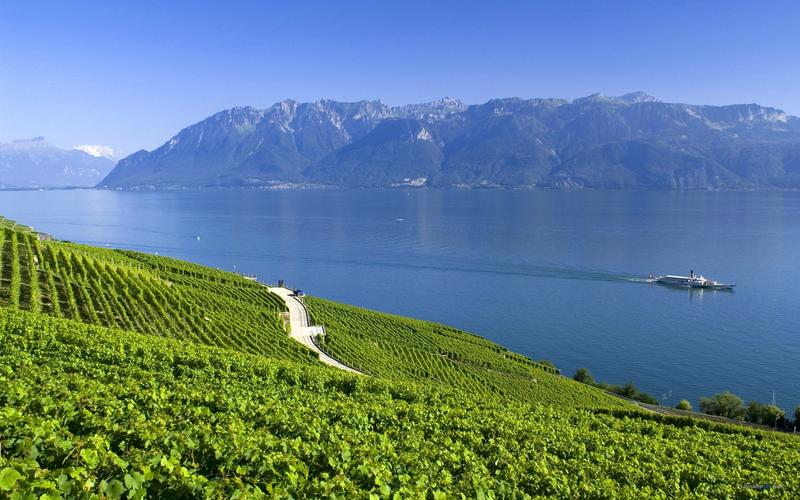The Impact of Cultural Evolution on Biological Evolution: Insights from UCSP Module
Biological evolution is a natural process that allows species to adapt to changes in their environments over time. However, cultural evolution has a significant impact on biological evolution. UCSP Module provides valuable insights into the role of cultural evolution in biological evolution, offering a deeper understanding of how these two processes are interconnected.
The Role of Culture in Evolution
Culture refers to the shared beliefs, values, and practices of a group of people. It can have a profound impact on the evolution of a species, influencing everything from their behavior to their physical characteristics. For example, the consumption of dairy products in certain cultures has led to the evolution of lactose tolerance. This is because individuals who were able to digest lactose were better equipped to survive and reproduce in these societies.
The Relationship between Cultural and Biological Evolution
Cultural evolution often precedes biological evolution, as changes in culture can create new selective pressures. For instance, the development of agriculture led to permanent settlements and changed dietary habits, which in turn led to the evolution of new physical traits. Changes in cultural practices that promote cooperation and social behavior can also lead to the evolution of altruism, which benefits the group as a whole.
The Impact of Technology on Evolution
Technological advancements have also played a significant role in shaping the evolution of humans and other species. The development of tools, for example, allowed early humans to hunt more efficiently, which in turn led to the evolution of new physical and cognitive abilities. Similarly, the advent of agriculture and the domestication of animals led to new selective pressures that ultimately shaped the evolution of humans and their companion animals.
Conclusion
In conclusion, the relationship between cultural and biological evolution is complex. Cultural practices can create new selective pressures that lead to the evolution of new traits, which can ultimately influence the course of biological evolution. Insights from UCSP Module help us to better understand this relationship and how cultural evolution has impacted biological evolution over time. By exploring the interconnectivity of these two processes, we can gain a deeper appreciation for the complex and ever-changing nature of the world around us.
(Note: Do you have knowledge or insights to share? Unlock new opportunities and expand your reach by joining our authors team. Click Registration to join us and share your expertise with our readers.)
Speech tips:
Please note that any statements involving politics will not be approved.
